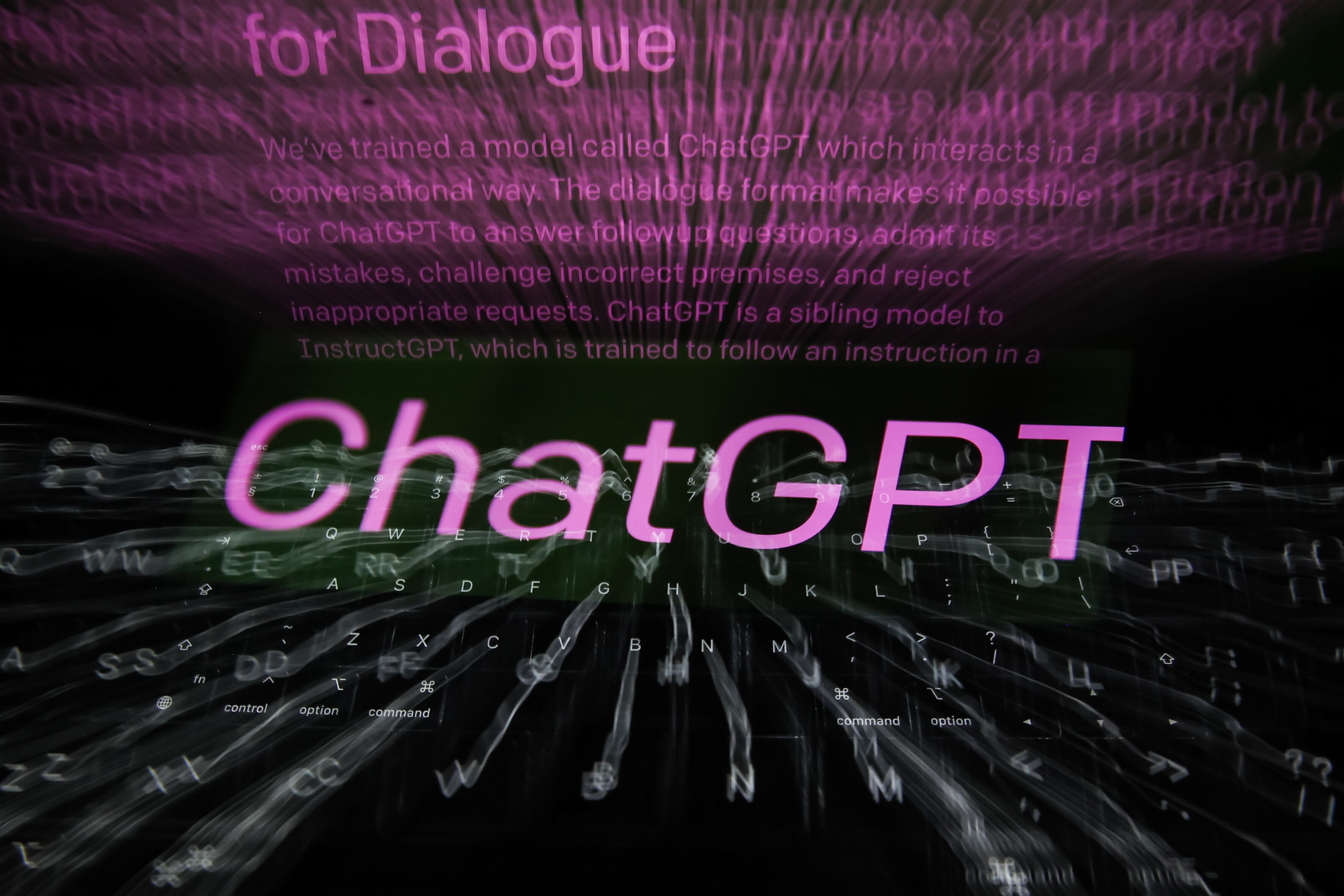The Detroit Public Schools Community District is updating its technology use policies to address concerns about the impact of artificial intelligence tools on student learning.
An early draft of the revised language says that the use of artificial intelligence and natural language processing software tools “without the express permission/consent of a teacher is considered to undermine the learning and problem-solving skills that are essential to a student’s academic success and that the staff is tasked to develop in each student.”
Unauthorized student use of such tools is a “form of plagiarism,” according to the draft language, which appears in the staff technology use policy but applies to students.
Newly powerful artificial intelligence software has generated a wave of publicity in recent months, for creating a photorealistic illustration of Pope Francis in a puffy white coat, for example, or composing fake pop songs purportedly by Drake and The Weeknd.
It has also stirred debate among school officials and educators about the impact, and risks, in the classroom. One tool — ChatGPT — can write essays and solve mathematical equations based on a user’s prompts, and across Michigan, educators are looking at the potential for misuse.
“It’s really relevant to what’s happening to the district,” DPSCD Superintendent Nikolai Vitti said of the policy at a school board committee meeting Wednesday. “There’s a lot of conversation about tools that students now have access to that are sort of changing the landscape of writing and essays and classroom assignments.”
The DPSCD policy draft language doesn’t ban the use of programs like ChatGPT outright. Rather, it says that students can use these tools to conduct research, analyze data, translate texts in different languages, and correct grammatical mistakes, as long as they have teacher permission.
Ausha Mia, a senior at Detroit’s Martin Luther King Jr. Senior High School, said she hasn’t used or learned about ChatGPT or other artificial intelligence tools, but she would favor the district setting restrictions on how students use that technology.
She considers plagiarism to be the No. 1 problem at MLK, with some of her teachers deducting points from every student’s grades if other students are found to have cheated on an assignment. In other cases, they’ve just thrown away students’ papers.
MLK robotics teacher Carrie Russell said that her students have not caught on to ChatGPT, but that “it’s only a matter of time” before they do. Many are already savvy with other AI-powered apps such as Photomath and WolframAlpha, Russell said.
Meanwhile, districts in New York City and Los Angeles have gone further, blocking student access to ChatGPT on district computers and networks, while other districts continue to weigh the pros and cons of the technology.
In Michigan, educators are considering how artificial intelligence tools might be used to enhance teaching. In the Hemlock School District, three school administrators recently published a book titled “43 Ways to Be Less Lame as an Educator” about improving teaching with the assistance of ChatGPT. Hemlock Superintendent Don Killingbeck said the district is already planning to share tips and tools regarding artificial intelligence with its educators in a district professional development session this fall.
Dearborn Public Schools is “still evaluating the benefits, risks and implications of AI software such as ChatGPT,” said district spokesperson David Mustonen, adding that the issue has been “a topic of discussion at several meetings involving our principals, instructional leaders and information technology staff.”
Tom Lietz, an associate director with the Michigan Association of Secondary School Principals, is optimistic about how AI can be used in the classroom. Commonplace learning tools, he said, such as Khan Academy are already incorporating AI software into their study guides.
“What’s really exciting about AI tools is the possibility for AI to provide real opportunities for student support,” Lietz said. “I think the big fear is, this is either going to replace teachers, or it’s going to make cheating rampant. And I think both of those are understandable concerns. But as time has proved, teachers and people are smarter and can adapt to it.”
Ethan Bakuli is a reporter for Chalkbeat Detroit covering Detroit Public Schools Community District. Contact Ethan at ebakuli@chalkbeat.org.






